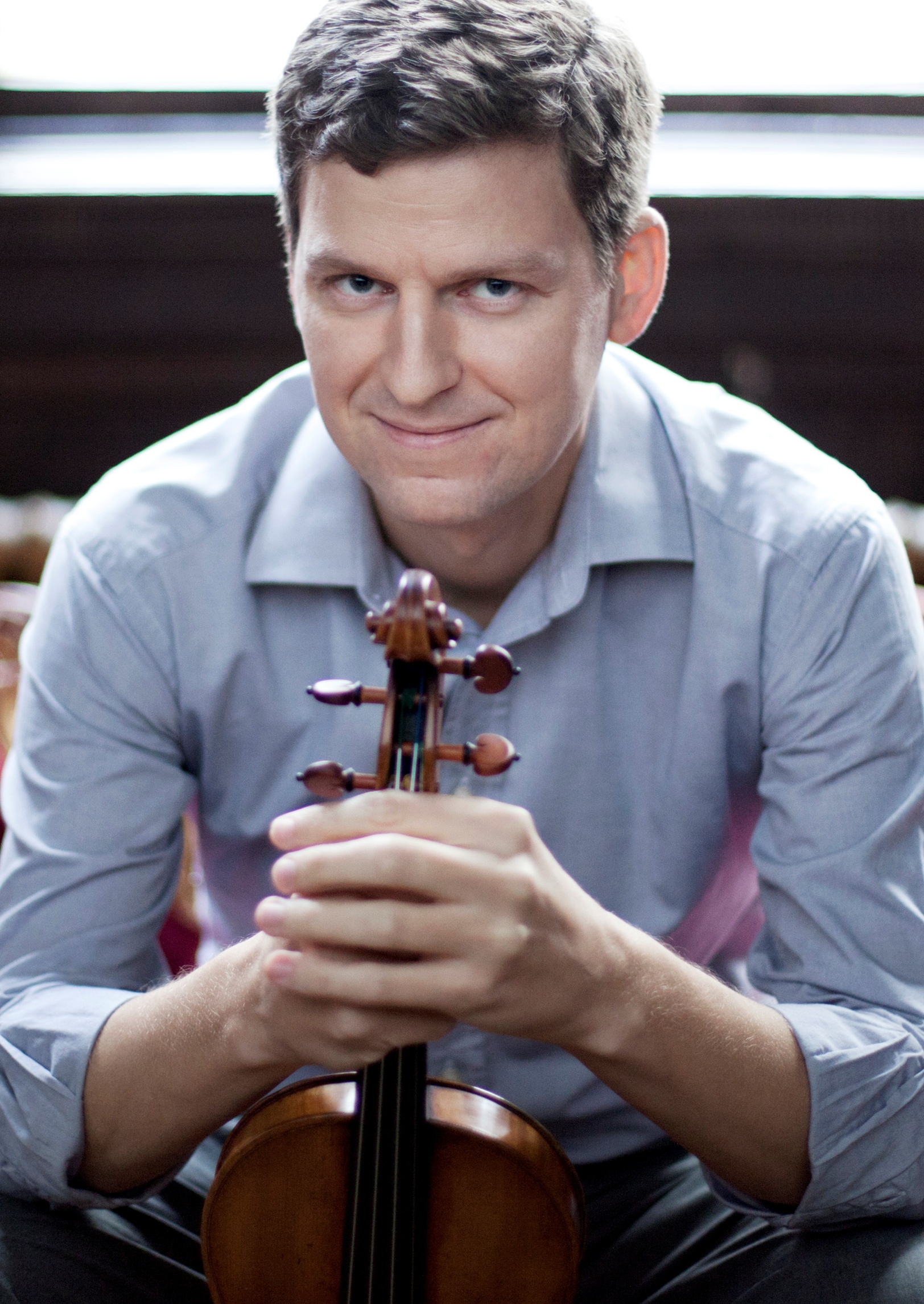Performances of Mahler’s Tenth Symphony are rare, at least in Scotland. The programme note for this series of concerts by the BBC Scottish Symphony Orchestra records that the orchestra’s only previous performance was in 1978. Those I spoke to in the audience in the Usher Hall could not recall a performance by Scotland’s other symphony orchestra, the Royal Scottish National Orchestra (or SNO as it was previously), since way before that.
Complete cycles of Mahler symphonies, live or recorded, frequently miss out this untidy straggler, preferring to treat the numerous valedictory messages in the score of the Ninth, or at best the first movement of the Tenth which Mahler fully orchestrated as proof that this penultimate symphony was Mahler’s true farewell.
Was it true to the Mahler we know and love? Yes, yes, and yes again
The Tenth Symphony was unfinished when Mahler died in 1911. Some movements are almost complete, others sketched in short score (a bit like a piano duet), though in places this reduces to no more than a single melodic line with some hints at instrumentation. His widow Alma disobeyed his instruction to destroy the manuscript, so the more complete parts of the symphony were occasionally performed in the early years of the 20th century. But it was not until the 1960s that the British musicologist Deryck Cooke embarked on the huge task of trying to bring the entire symphony into the repertoire.
The result was what he carefully described as a “performing version”, not a completion, reconstruction, or an elaboration. Whereas Elgar’s Third Symphony, in the elaboration by Anthony Payne, can only be described as a collaborative composition, Cooke did not compose. He only added or transferred Mahler’s own material sufficient to create a score that would make sense in performance to orchestra and audience.
After the first broadcast performance of Cooke’s version, Alma wrote to the BBC to forbid any further broadcasts. The symphony has remained mildly controversial ever since. To those that argue that it cannot possibly be Mahler’s last word, Cooke was very clear that it only represented the stage that the Tenth symphony had reached at the composer’s death. “If Mahler had lived to complete the work,” he wrote, “he would have elaborated the music considerably, refined it and perfected it in a thousand details... and of course clothed it in orchestral sound of a subtlety and vividness beyond all our conjectures.”
 But the slightly sparse audience in Edinburgh’s Usher Hall on Sunday afternoon could forget all that, and judge the piece purely on the basis of this performance. Did it work? Was it true to the Mahler we know and love? Yes, yes, and yes again. Quite simply I do not expect ever again to hear a performance of this symphony so radiantly convincing. At the helm was Donald Runnicles, sadly soon to step down as the BBCSSO’s Chief Conductor, a consummate magician, his left-handed baton keeping order while the right caressed and modulated the performance in a thousand Mahlerian details. As a master craftsman of orchestral sound, it was clear that for every entry, every crescendo, every piercing dissonance, Runnicles had worked out the precise way to make the music sound its best.
But the slightly sparse audience in Edinburgh’s Usher Hall on Sunday afternoon could forget all that, and judge the piece purely on the basis of this performance. Did it work? Was it true to the Mahler we know and love? Yes, yes, and yes again. Quite simply I do not expect ever again to hear a performance of this symphony so radiantly convincing. At the helm was Donald Runnicles, sadly soon to step down as the BBCSSO’s Chief Conductor, a consummate magician, his left-handed baton keeping order while the right caressed and modulated the performance in a thousand Mahlerian details. As a master craftsman of orchestral sound, it was clear that for every entry, every crescendo, every piercing dissonance, Runnicles had worked out the precise way to make the music sound its best.
This was obvious from the very beginning, with the violas placed to the front of the stage the better to relish their prominent role in getting the symphony under way. As the first movement’s anguished melodic line builds ever more outlandish harmonies, Runnicles gathered his brass and woodwind with exquisite care, such that even the great nine-note chord at the climax seemed more visionary than apocalyptic. The scherzo was buoyant, even the strange little “Purgatorio” movement – Cooke calls it a “pathetic little piece" – maintained discipline and tension, but it was the extraordinary, soul-searching Finale which sealed this performance in our hearts. We heard a truly wonderful flute solo, tender brass, delicate strings, pulling in themes and recollections from earlier in the symphony. Both lush and spare in true Mahlerian form, the music entwined strength with beauty as it crept towards a radiant conclusion.
We might have guessed that a treat was to come from the first half of the concert, in which James Ehnes (pictured above) made light work of Glazunov's short Violin Concerto. His playing is rich and precise, even slightly cool, but it was overlaid on an accompaniment that was perfectly judged. I heard Nicola Benedetti play this concerto in the Edinburgh Festival with the Oslo Philharmonic: there was little to choose between the two soloists but Ehnes definitely had a more responsive conductor and orchestra. His Bach encore, from the G minor Concerto, was astonishing: a blizzard of notes delivered deadpan and with a Gould-like precision.
- To be broadcast on BBC Radio 3 on Tuesday 29 September; available for a month after on the BBC iPlayer














Add comment